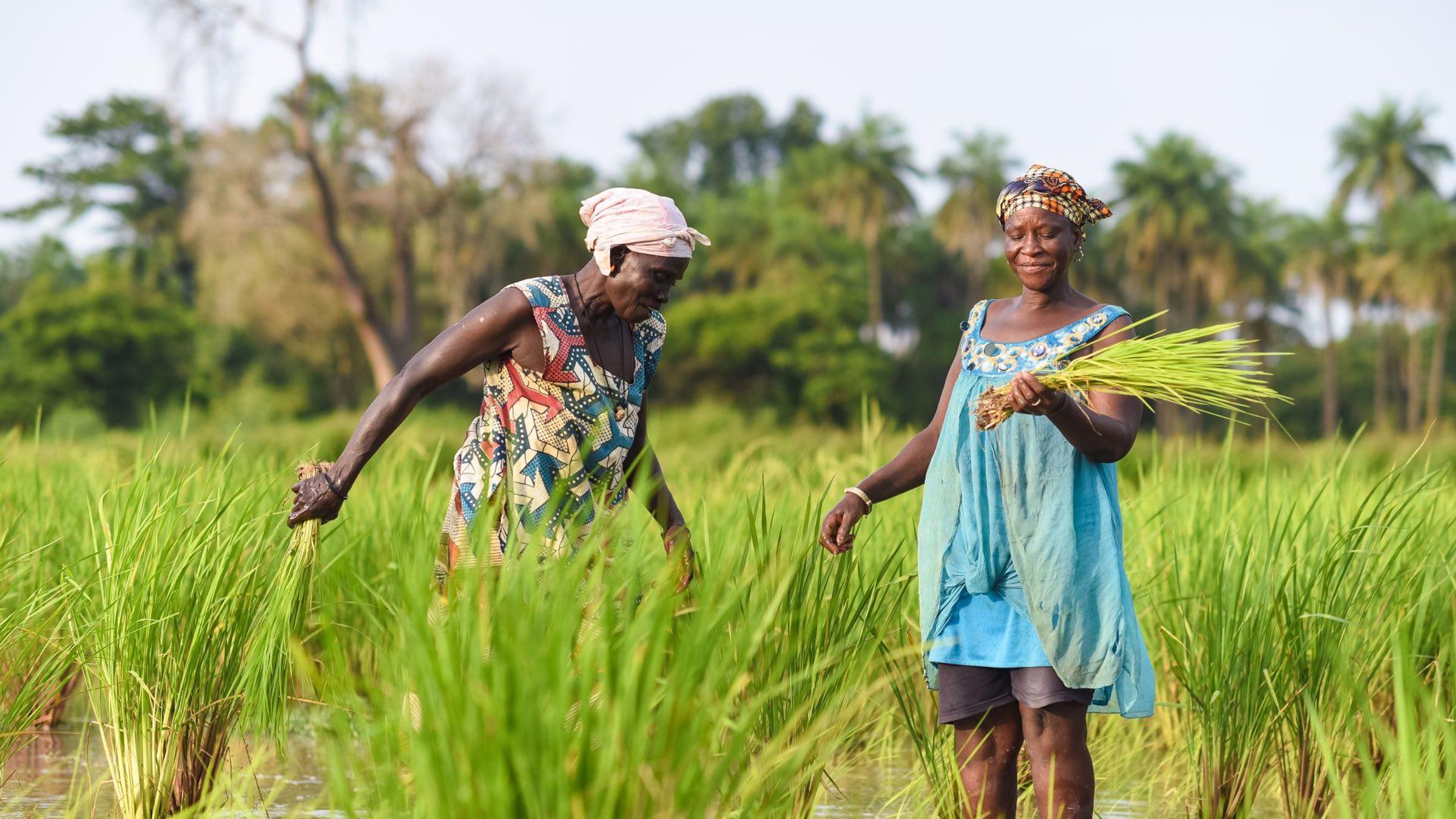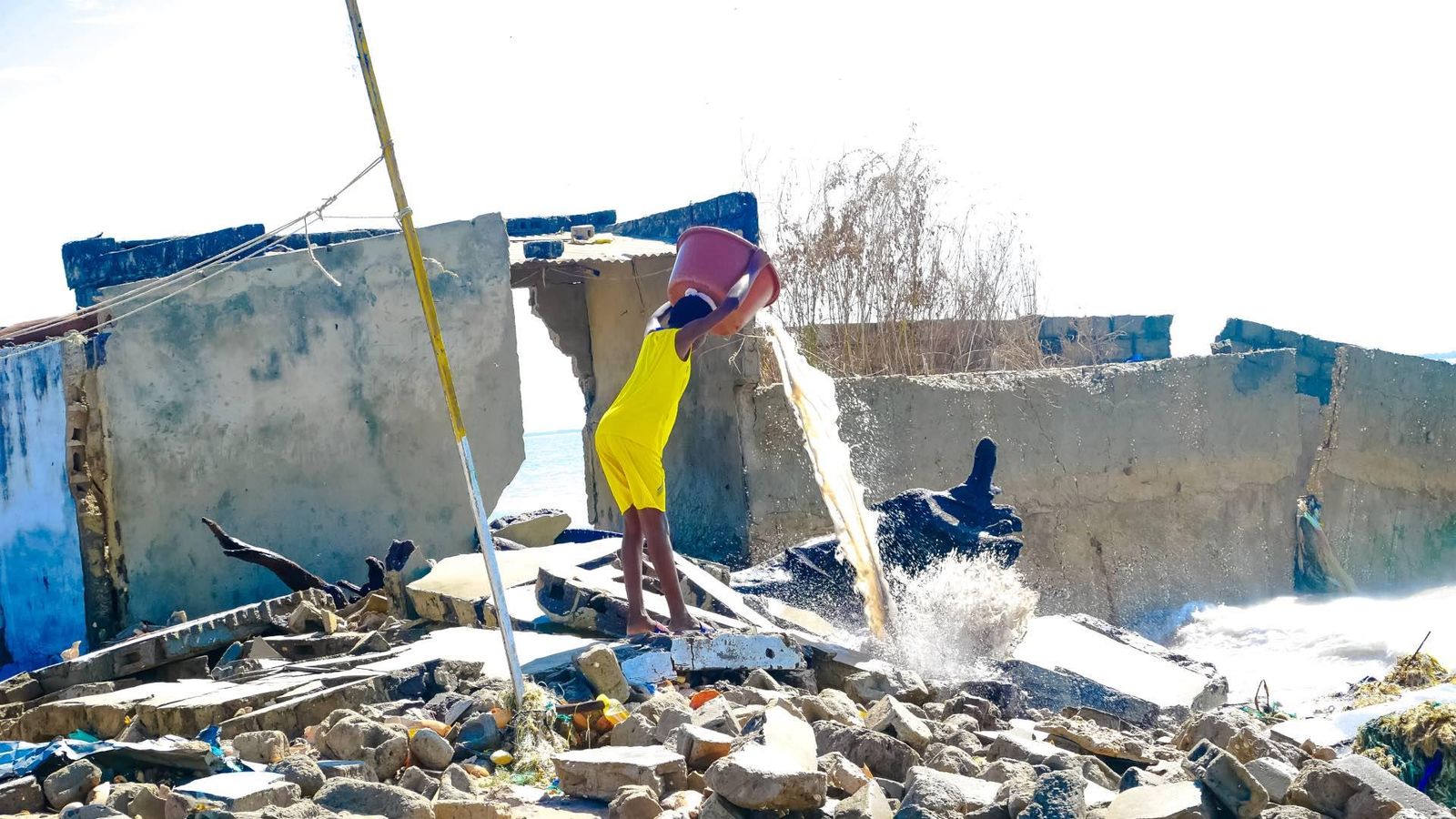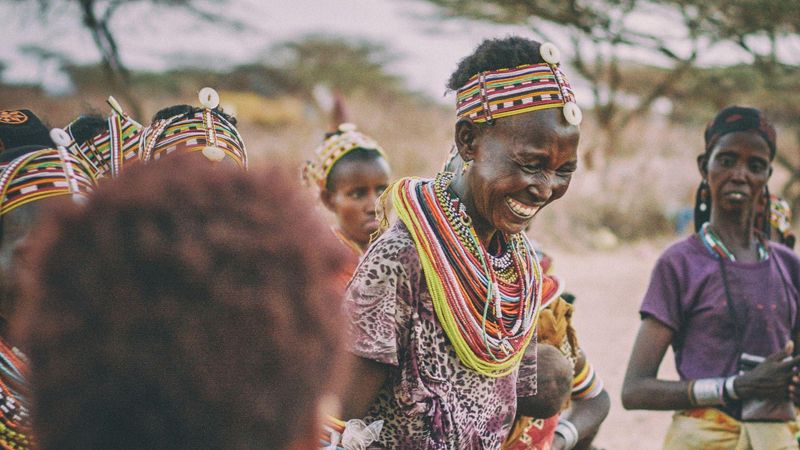
Climate change is one of the biggest challenges to the resilience of our health systems and is becoming widely recognized as the greatest threat to human health by the World Health Organization.
Climate change is nothing short of a public health emergency. According to the WHO, between 2030 and 2050 climate change is expected to cause approximately 250,000 additional deaths per year from malnutrition, malaria, diarrhea, and heat stress.
In many vulnerable countries, the harmful effects of climate are already severe: increased temperature, extreme weather events, changes in precipitation patterns, and shifts in duration and prevalence of climate-sensitive diseases such as malaria, dengue, food- and water-borne diseases are impacting already-weak primary healthcare systems. And this translates to compromised accessibility, availability, provision, and uptake of essential health services, especially for disadvantaged populations.
In this context, solutions that enhance communities’ capacity to prevent and protect against the inevitable effects of climate change will be the most effective and sustainable. It will require timely, context-specific, and cross-cutting actions supported by targeted investments that leverage and improve existing individual and community initiatives to build resilience and adapt.
At Foundation S, we are committed to delivering on this while also providing real-world evidence to advocate for policy reform at the national and global levels.
2024 Health Resilience Community Fund
Open for applications for interventions that support women and strengthen local resilience against the health impacts of climate change in low-and-middle income countries.

The Challenge
The cost to vulnerable communities is a cost to us all.
Areas with weak healthcare infrastructures—predominantly in developing countries—will be the least able to adapt without assistance and support. The direct damage costs to health—not including costs in health-determining sectors such as agriculture, water, and sanitation—is estimated to reach between $2-4 billion USD per year by 2030. Yet less than 2% of multilateral climate financing goes to health projects.
We are changing this.
Supporting Locally Led Adaptation
Supporting locally led adaptation and community responses to the health impacts of climate change in low- and middle-income countries
As the impacts of climate change on health increase and become more evident in countries around the world, innovative solutions to support how communities adapt are needed. The 2023 Climate Action & Health Resilience Grants Program aimed to do just this.
Areas of Focus
Community-Led Responses
that prepare for, protect, and address a community's risk to climate-sensitive diseases (vector-borne and water-borne diseases).
Related Content

The Climate x Health Catalytic Fund
With countries urgently calling for action to combat the health impacts of climate change, the Global Fund, the Gates Foundation and Foundation S – The Sanofi Collective are launching The Climate x Health Catalytic Fund.

2024 Action Report: From Risk to Resilience
Our report highlights the urgent need for increased investment to strengthen the resilience of healthcare systems and protect lives by facilitating rapid, flexible funding for locally led health adaptation.

Sanofi Supporting Vulnerable Communities
Sanofi supporting vulnerable communities as part of commitment to social impact and fight against climate change.